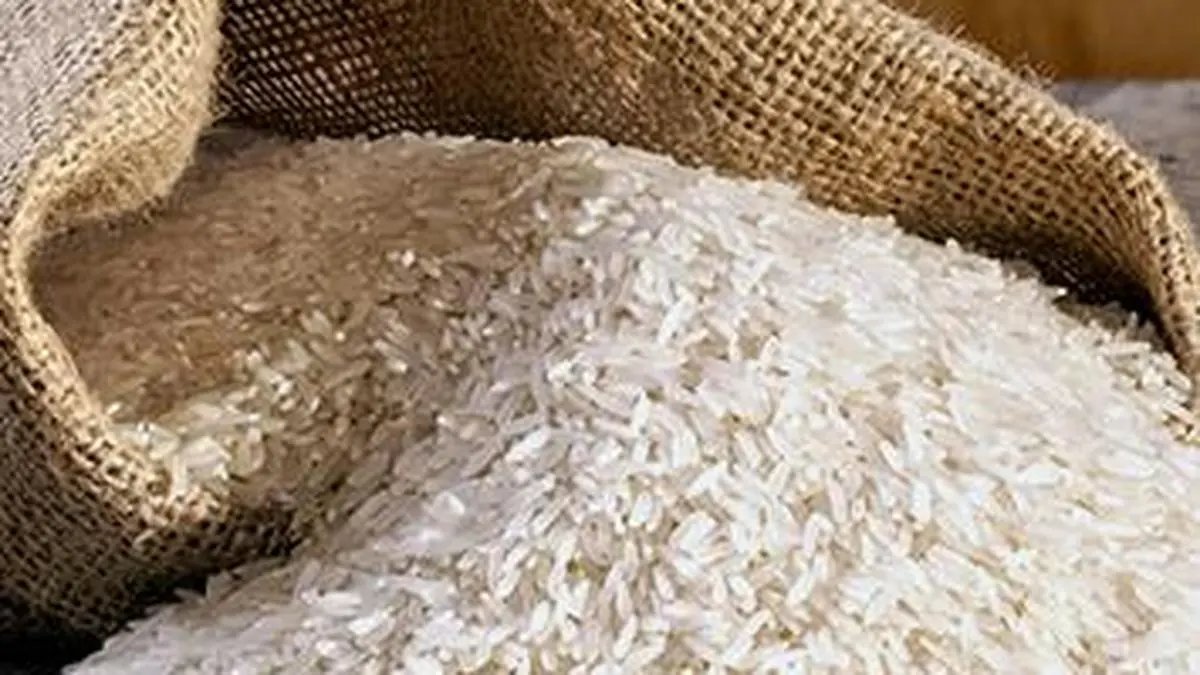APEDA gets 30% share from non-Basmati export fees; Basmati exporters demand parity


Pressure. On export pricing
| Photo Credit:
TRAVELLINGLIGHT
The Commerce Ministry has authorised its agri-export promotion body, APEDA, to retain a 30 per cent share of the funds collected from the registration fee for non-Basmati export contracts, which is set at ₹8 per tonne (plus GST), while simultaneously establishing a committee to decide on the utilisation of the remaining funds. This arrangement, however, has created dissatisfaction among many Basmati rice exporters who are questioning how they were compelled to share 50 per cent of the funds for a similar developmental purpose.
In July, the Department of Commerce (DoC) had approved the establishment of the Non-Basmati Rice Development Fund (NBDF), to be managed by a panel under APEDA’s Chairman as its head, with eight members, including three industry representatives, sources said, adding that the specific modalities for managing the fund were recently approved. An official source stated, “APEDA last week started the process of constituting the panel by requesting concerned departments and stakeholders to nominate their representatives so that the panel could hold its first meeting before Diwali.”
Basmati exporters question dual treatment
Yet, the decision to fix a 30 per cent share for APEDA as “service and infrastructure charges,” to be paid from the NBDF by the end of May every year, has been questioned by some Basmati rice exporters. They have demanded that APEDA reduce its similar charges from the current 50 per cent to 30 per cent from the fund created for the development of Basmati rice export. This move follows recent objections by the Basmati exporters’ associations in Haryana and Punjab to the hike in fees for registering export contracts, from ₹30 per tonne to ₹70 per tonne.
A leading exporter voiced the sentiment, asking, “For the same work, how can two different treatments, one for non-Basmati and another for Basmati rice, be officially approved?” He demanded that the government lower the rate of the contract fee as well as APEDA’s share from the Basmati Export Development Fund (BEDF).
Panel formation under way before Diwali
APEDA has since requested the secretaries of the Department of Agriculture Education and Research (DARE) and the Department of Agriculture & Farmers Welfare to each nominate a representative, not below the rank of Director or Deputy Secretary, to the panel at the earliest, so that the first meeting can be held this month. A similar letter has also been sent to the Uttar Pradesh and Telangana state governments, sources added.
NBDF to include state and industry representatives
The government has decided to appoint two representatives, each serving a one-year term, from among the top 10 rice-producing states in the country. The list of top 10 producers is set to be reviewed every five years, according to the guidelines. Furthermore, the NBDF panel will comprise the presidents of the Kakinada-based The Rice Exporters Association (TREA), the Raipur-based The Rice Exporters Association CG (TREACG), and the Indian Rice Exporters Federation (IREF) as permanent members. It also stipulated that travel and stay charges for the industry representatives are to be borne by themselves.
Funds to be used for training, research, and trade promotion
The head of APEDA’s cereals division will function as the Member Secretary. The government has stipulated that 70 per cent of the money collected from the contract registration fee shall be spent on promotional activities, as well as the salaries of officials in the Help Desk and management, as decided by the NBDF Committee. These funds will be used for “training farmers in Good Agricultural Practices (GAP) and Organic Production, increasing production and productivity of non-Basmati rice, research, development, and extension services, trade delegation visits, promotional programs and buyer-seller meets, and consumer research and studies,” the guidelines concluded.
Published on October 8, 2025


